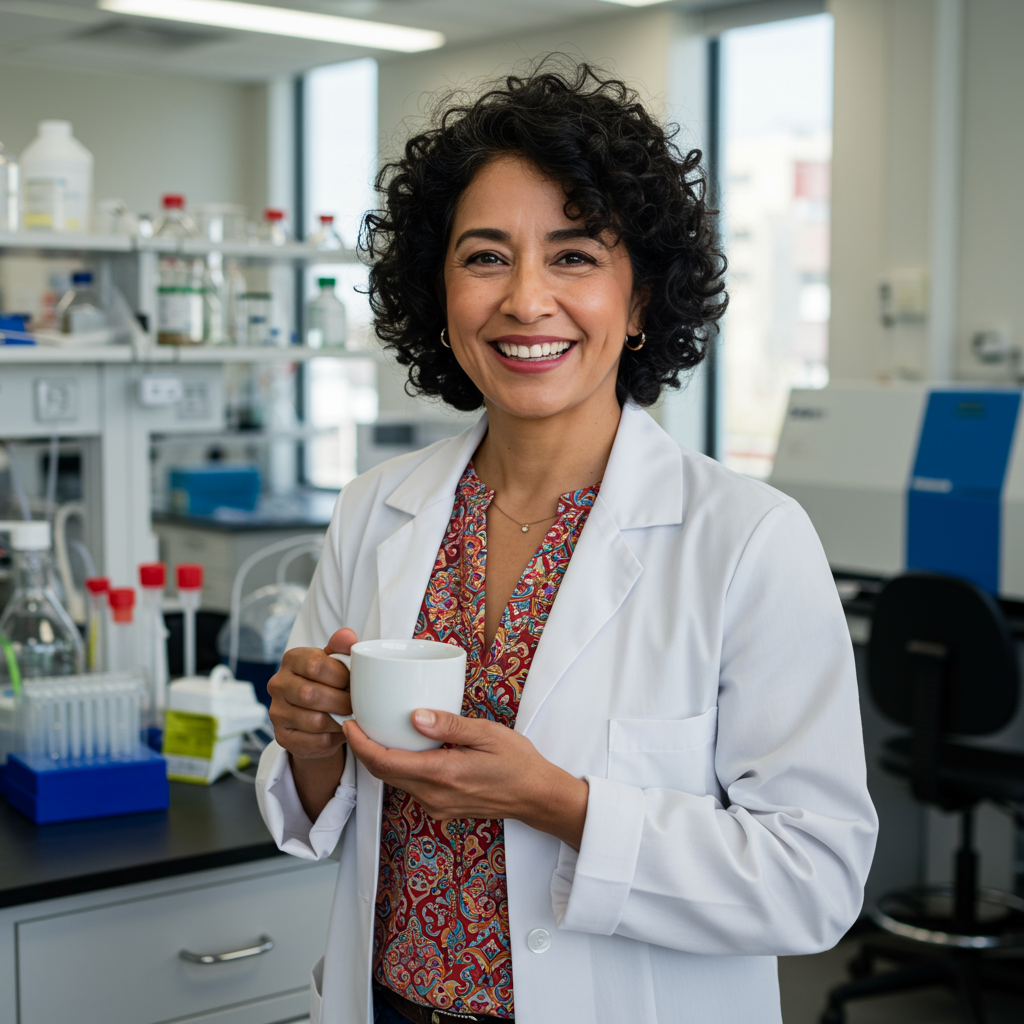For many, a morning cup of coffee is an essential ritual. But beyond providing a jolt of energy, could that daily brew actually contribute to aging well? According to recent research, it seems the answer might be yes, especially for women.
A large, long-term study suggests a significant association between moderate caffeinated coffee consumption in midlife and healthier aging in women. The research, part of the decades-long Nurses’ Health Study, followed nearly 50,000 middle-aged women, tracking their health and lifestyle habits for up to 30 years.
Defining “Healthy Aging” in the Study
The study had a specific definition for what constituted “healthy aging.” It meant reaching age 70 or older while:
Remaining free from 11 major chronic diseases, including heart disease, stroke, cancer, Type 2 diabetes, and neurodegenerative conditions like Alzheimer’s and Parkinson’s.
Maintaining good physical function and mobility.
Experiencing no significant cognitive decline or memory issues.
Being in good mental health.
Key Findings: More Coffee, Better Odds?
Researchers found that women who regularly consumed caffeinated coffee during their middle years (ages 45-60) were more likely to meet these criteria for healthy aging compared to those who drank less or no coffee. Participants who achieved healthy aging status typically consumed around 315 mg of caffeine daily in midlife, which equates to about three small cups of coffee, with the vast majority of this caffeine coming from coffee itself.
The study indicated a dose-dependent relationship: for every additional cup of coffee consumed per day, up to approximately five cups daily, the odds of aging well increased by 2% to 5%. Overall, women who consumed the highest amounts of caffeine, primarily from coffee, had approximately 13% greater odds of healthy aging.
Caffeinated Coffee Holds the Link
An important finding was that the observed health benefits were specific to caffeinated coffee. The study did not find similar positive associations with the consumption of decaffeinated coffee or tea. In stark contrast, drinking more cola was linked to a significantly lower chance of healthy aging, with each extra glass associated with a 20% to 26% lower likelihood of reaching age 70 in good health. This suggests that the benefits may stem from compounds unique to coffee, not just caffeine itself or other caffeinated beverages.
Why Might Coffee Be Beneficial?
While the study shows an association, not direct cause and effect, experts speculate on potential mechanisms. Coffee contains hundreds of biologically active compounds, including antioxidants like chlorogenic acids, and trace micronutrients. These compounds may play a role in supporting cellular health, reducing inflammation, improving metabolic function, and positively influencing blood vessel function – all factors that contribute to how well a person ages.
Enjoying Coffee Healthily
If you’re already a coffee drinker, this study adds to a growing body of evidence suggesting potential health benefits. However, it’s important to consume coffee responsibly:
Moderate Intake: Aim for moderation. Recommendations often suggest sticking to two to four cups per day, keeping in mind that a standard “cup” in research often means 8 ounces (about 240 ml), not a large mug.
Watch the Add-Ins: The way you drink your coffee matters. Loading coffee with sugar, high-fat creamers, or processed additives can potentially negate any health benefits and introduce new risks like increased chances of diabetes or obesity.
Healthier Alternatives: Consider flavoring your coffee with options like a splash of unsweetened plant milk, cinnamon, or vanilla extract instead of sugary syrups or flavored creamers.
Important Caveats and Considerations
It’s crucial to remember that this study shows a correlation, not necessarily causation. While researchers adjusted for many lifestyle factors like diet, exercise, and smoking, other unknown factors could be at play. Experts also note:
Not a Cure-All: Coffee is not a substitute for other essential healthy aging practices like maintaining a balanced diet, exercising regularly, getting enough sleep, and avoiding smoking. An overall healthy lifestyle is far more impactful.
Individual Differences: How your body processes caffeine can vary based on genetics, hormonal factors (like menopause), and existing health conditions.
Listen to Your Body: Excessive caffeine intake can lead to negative side effects such as jitteriness, anxiety, insomnia, headaches, or increased heart rate. If you are sensitive to caffeine or have conditions like high blood pressure, heart issues, or anxiety disorders, exercise caution or limit your intake.
For Current Drinkers: The study observed benefits in women who already drank coffee. It doesn’t provide evidence that non-drinkers should start consuming coffee for health benefits.
Sex-Specific: These findings are specific to women; it’s not yet known if the same associations hold true for men.
Ultimately, for women who already enjoy and tolerate moderate amounts of caffeinated coffee as part of a healthy lifestyle, this research offers encouraging news about its potential role in supporting healthy aging.




